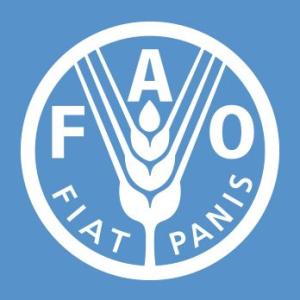The initiative is part of FAO's Technical Cooperation Programme (TCP) and is set to span two years, concluding in December 2025.
Tehran – The Food and Agriculture Organization (FAO) of the United Nations and the Ministry of Agriculture Jahad (MAJ) have recently signed a project aimed at ensuring food authenticity and managing food supply chains.
Titled "Control of Food Authenticity and Management of Food Supply Chain for Successful Achievement of SDGs," the project is in line with the United Nations Sustainable Development Cooperation Framework (UNSDCF), Sustainable Development Goals and FAO Country Programme Framework (CPF).
The initiative is part of FAO's Technical Cooperation Programme (TCP) and is set to span two years, concluding in December 2025.
Under the auspices of the Deputy for Horticulture of the MAJ, the project targets the enhancement of a transparent and reliable saffron supply chain, ensuring food and nutrition security and safety for consumers. The initiative seeks to address the challenges posed by the globalization of food supply and the complexities of modern trade, particularly in the saffron industry, where Iran holds a dominant position, contributing approximately 90% of the world's production.
The project's impact will be profound, warranting consumers access to safe and authentic saffron products through enhanced capacity for immediate response and effective enforcement mechanisms for food quality testing and traceability.
This project represents a significant step towards enhancing transparency and traceability in the saffron industry, ultimately contributing to food security and the achievement of Sustainable Development Goals.
This project exemplifies FAO's commitment to fostering sustainable agriculture and food systems, aligning with the global agenda for achieving the SDGs. By collaborating with national counterparts and leveraging expertise, FAO aims to empower countries like Iran in enhancing the resilience and sustainability of their agricultural sectors.





